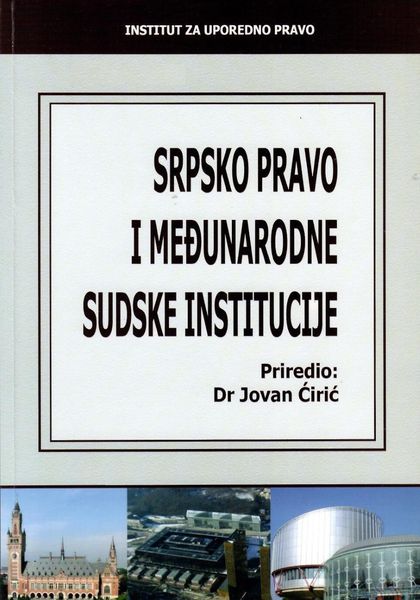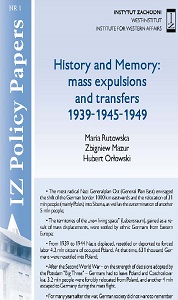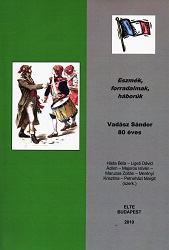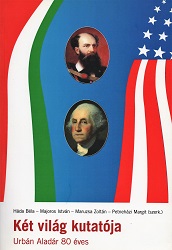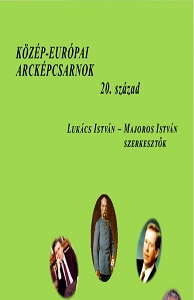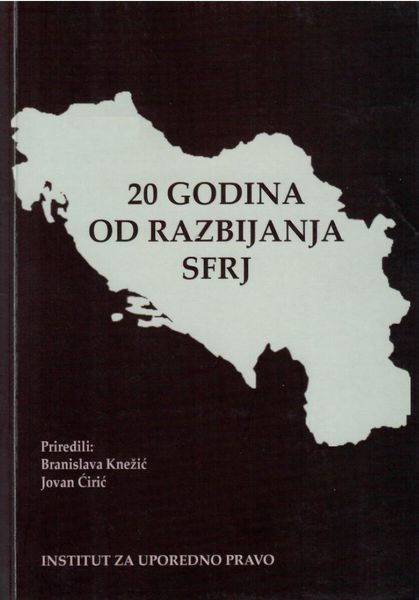
Постмодерни Макијавелизам: Запад и Срби, 1991-2011.
The problem of the relation of the Western World towards Serbs in the past two decades- refering not only to the problems of Kosovo and Metohia and the future of Republic of Srpska, the Hague or EU integrations, but also to the relation at more complex level- is not a result of Serbian idiosyncrasy, which do not match with clearly defined western principles. On the contrary, this problem is an outcome of some sort of the patology of postmodern Western world, that systematically deviates from those principles.
More...
